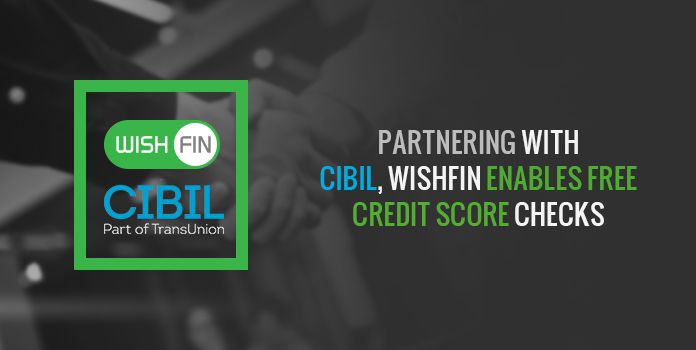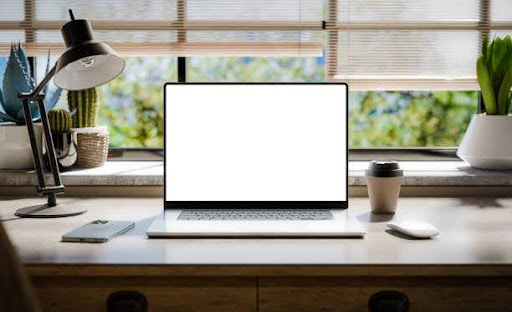
The CIBIL score is a three-digit number that is calculated using information from your inquiries and accounts. In order to compute your CIBIL Score, the Credit Information Company collects financial information from banks and financial institutions. It usually falls around between 300 and 900. When applying for any financial product, your CIBIL score is vital. When analyzing and evaluating your loan or credit card application, a lender’s Credit score is one of the most crucial factors to examine. Always verify your CIBIL score before asking for a loan.
What does minus one CIBIL score indicate about the borrower?
People who have never used a credit card, bought things on EMI, or even taken out a loan fall into the ‘No CIBIL’ category. If you have no (or very little) prior borrowing history and no track record on which to measure your creditworthiness, CIBIL will assign you a score of 0 or -1.
When an individual’s CIBIL score is 0, it means the credit history information for the borrower is only available for less than 6 months. NA, or not applicable, is a common abbreviation for this. If the individual has a CIBIL score of one, that means that there is no information available about the credit records. This score is commonly referred to as “NH” or “no history” because the CIBIL office has no information to share.
It’s not the end of the world if your CIBIL score isn’t perfect. You can improve your credit score by following the steps outlined below. A decent credit score necessitates careful credit management. Credit repair takes four to twelve months on average. All you need is patience, effort, and self-discipline to reach your credit goals. On the official CIBIL website, you may only check your free CIBIL score once a year.
If you want to take out a personal loan or any other form of loan, you’ll need a high CIBIL score.
Here are some of the reasons behind a poor credit score that have been proposed. If you want to build a sound financial foundation, look them up and steer away from them.
A low CIBIL score is caused by a number of circumstances.
- If a person has no credit history, they will almost surely have a negative impact on their CIBIL score. You must ensure that you pay on time and consistently to maintain your credit score.
- Payments History : One of the variables that lead to a low CIBIL score is our payment history. Our credit score will suffer if we miss loan payments or pay only the minimum amount on a credit card account. Maintain the habit of paying in full and on time.
- Taking out many loans at the same time has a negative impact on our credit score. Your debt load has increased while your ability to repay them has decreased because you applied for many loans at different institutions.
- Loans that aren’t arranged in the correct order: In a credit portfolio, having the correct loan mix is crucial. A healthy combination of secured and unsecured loans in your portfolio is the correct loan mix.
- The use of credit is high: Paying your credit card bills on time has no effect on your credit score, contrary to popular belief. This isn’t the case at all. Even if you pay the entire amount due each billing cycle, if you spend more than 45 to 50 percent of the total credit limit approved, this indicates that our credit consumption is unusually high and is reducing our score.
Final Thoughts
Maintaining and improving your CIBIL score is a difficult endeavor that demands commitment and perseverance. You can increase cibil score by using financial instruments such as credit cards or a personal loan, but it will take at least 6 to 12 months. In order to receive any form of credit in the future, you must live a financially disciplined lifestyle.










